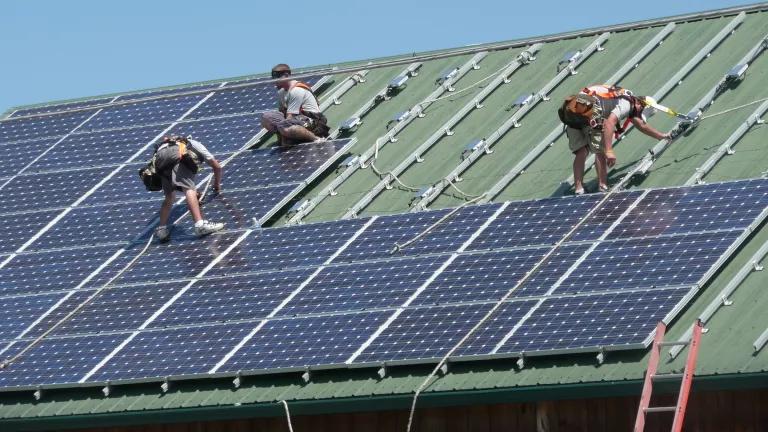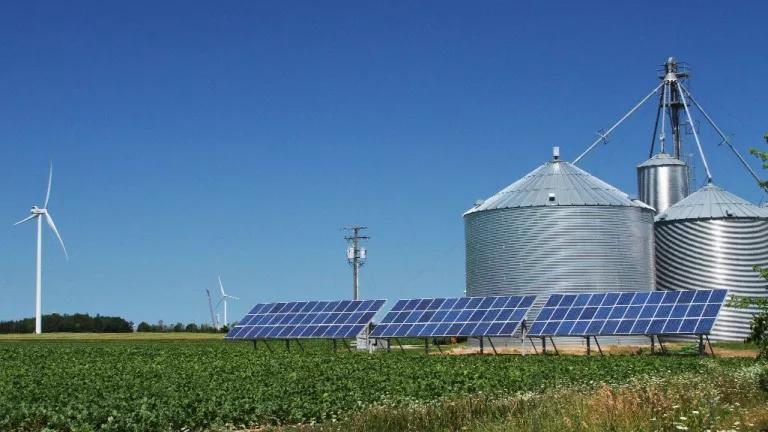Interesting posts in two cleantech blogs today. CleanTech Intevesting reports today about a $10 million financing round for a bio-butanol developer. Supported by Khosla Ventures and Virgin fuels, the funding is intended to support a pilot plant stage. This is encouraging news since butanol has the potential to be easier to integrate into existing infrastructure than ethanol, but less is know about it's performance in existing vehicles.
CleanTech also links to a post on Inside Greentech under the title "Lobby groups blast corn ethanol." According to the post:
The Food & Water Watch, the Network for New Energy Choices, and the Vermont Law School held a press conference today to highlight what they called risks in the forthcoming U.S. Farm Bill.
I'm not familiar with the groups or their analysis, but they offer some good points such as:
"All biofuels are not equal" —Scott Cullen, Senior Policy Advisor for the Network for New Energy Choices.
and
"As long as we spend more on subsidizing energy suppliers than we do on investments in energy efficiency, we are on a path to pain," —Michael Dworkin, of the Vermont Law School Institute for Energy and the Environment.
But they also make the mistake of equating increased corn ethanol production with increased environmental damage. Certainly producing more corn for more ethanol would under the status quo policies and practices lead to more water pollution, soil erosion, and land-use related GHG emissions, but between the farm bill and the new renewable fuel standard being considered in the House and the Senate, we have the chance to change the status quo. We can dramatically increase spending on conservation, requirement better management practices for all corn used to produce ethanol, and provide incentives to drive the best possible practices. Increased impacts are NOT a given, and it will be monumentally unfortunate choice on the part of Congress to push ahead with renewable fuels without simultaneously pushing forward with provisions to manage and mitigate these potential impacts.
I'm not naive enough to assume that we'll get everything we need to get biofuels right in one fell swoop out of this Congress and President, but that makes it all the more important that we continue to emphasize that there's a choice to be made here and it's not biofuels vs. oil or even corn vs cellulosic; it's between a more-is-better approach and better-is-better approach. More efficient, low-carbon, less soil erosion, less water pollution, more compatible with wildlife, these things are better and we need policies that make our transportation energy services better.



